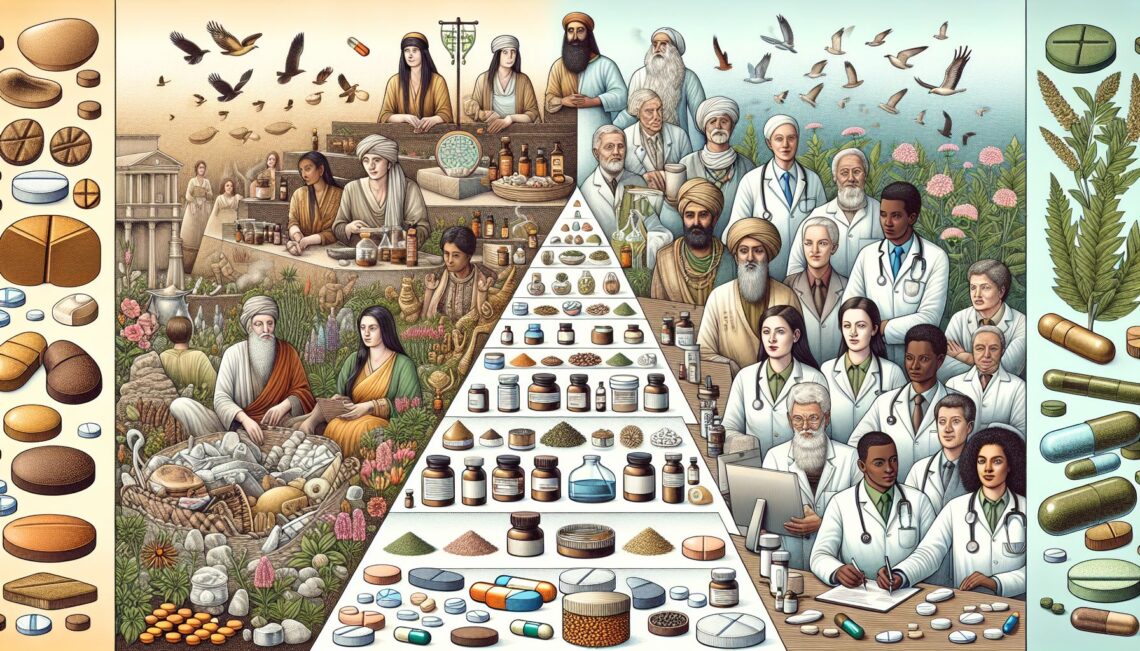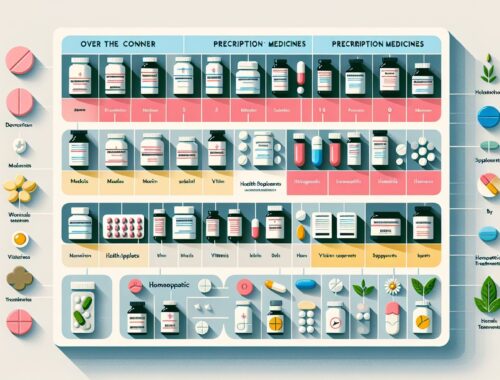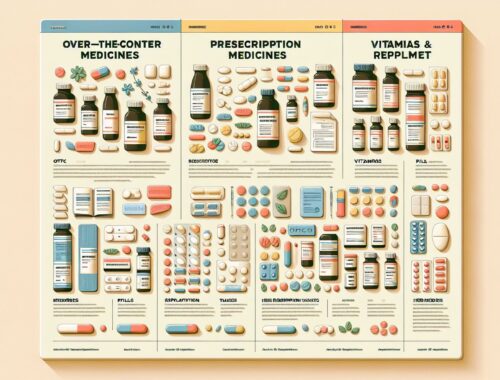
The Different Types of Medicines
Medicines are substances used to diagnose, treat, or prevent diseases. They come in various forms and serve different purposes in maintaining our health. In this article, we will explore the different types of medicines available and their roles in healthcare.
Introduction
Medicines have revolutionized the field of healthcare, enabling us to combat illnesses and alleviate symptoms. With advancements in science and technology, a wide range of medicines have been developed, each serving a distinct purpose to improve human health.
Types of Medicines
1. Prescription Medicines
Prescription medicines, also known as prescribed drugs or ethical drugs, require a written order from a licensed healthcare professional. These medicines are regulated and closely monitored to ensure their safe and appropriate use. Prescription medicines are often used to treat specific medical conditions and may include antibiotics, antidepressants, or blood pressure medications.
2. Over-the-Counter (OTC) Medicines
OTC medicines are readily available for purchase without a prescription. These medications are considered safe for self-use as they have undergone sufficient scientific evaluation and have a well-established safety profile. Examples of OTC medicines include pain relievers, antacids, cough syrups, and topical ointments for skin conditions.
3. Complementary and Alternative Medicines
Complementary and Alternative Medicines (CAM) encompass a broad range of therapies, practices, and herbal products that are used alongside or instead of conventional medicine. Examples of CAM include herbal remedies, acupuncture, homeopathy, and meditation. While these medicines may not have undergone extensive scientific research, many people find these approaches helpful in managing certain health conditions.
4. Vaccines
Vaccines are a unique type of medicine that helps prevent infectious diseases by stimulating our immune system. They contain small amounts of weakened or inactive microorganisms, proteins, or toxins to trigger an immune response without causing the disease. Vaccines play a crucial role in preventing illnesses such as polio, measles, and influenza.
5. Biologics
Biologics are a newer class of medicines derived from living organisms or their components. They are produced using advanced biotechnological methods and are primarily used to treat complex and chronic diseases such as rheumatoid arthritis, Crohn’s disease, and certain cancers. Biologics are often protein-based and are administered through injections or infusions.
6. Generics
Generics are medicines that contain the same active ingredients and are equivalent to brand-name medicines in dosage, strength, route of administration, quality, and effectiveness. They offer a more affordable alternative to their brand-name counterparts and are interchangeable with them. Generics undergo rigorous testing to ensure their safety and efficacy.
Conclusion
The world of medicines is vast and diverse, catering to the wide range of healthcare needs. From prescription drugs to over-the-counter remedies, complementary therapies, vaccines, biologics, and generics, each type serves a vital role in our overall well-being. Remember, it is crucial to consult with a healthcare professional before starting any medication to ensure its appropriate use and minimize the risk of adverse effects.
You May Also Like

Understanding the Different Types of Medicines
February 11, 2024
Understanding the Different Types of Medicines
January 16, 2024

